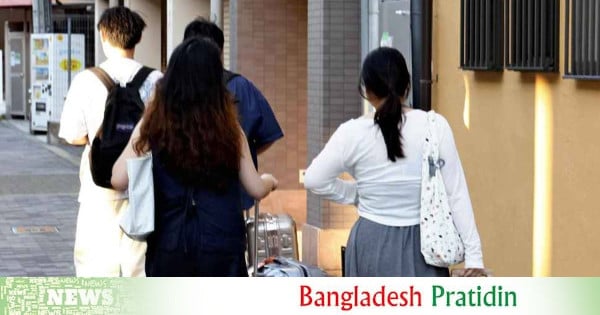The Osaka city government announced on Tuesday a plan to suspend the acceptance of new applications for private lodging operations, known as minpaku, in response to a sharp rise in complaints from local residents. The move, discussed at a meeting led by Mayor Hideyuki Yokoyama, marks a significant shift in the city’s tourism accommodation strategy as Osaka braces for an influx of visitors ahead of the 2025 Osaka-Kansai Expo, reports Japan News (YS).
Minpaku typically refers to private homes, such as apartments and standalone houses, where owners rent out space to overnight guests. Under a national special zone system established in 2014, Osaka City was granted permission to allow year-round minpaku operations — an exception to the national cap of 180 operating days per year under the Private Lodging Business Law.
Osaka now hosts more than 90 percent of all minpaku properties approved under Japan’s special zones system. As of July, 7,091 minpaku facilities were operating in eight designated areas across the country, including Osaka Prefecture, Tokyo’s Ota Ward, and Kitakyushu.
However, the city’s rapid expansion in private lodgings has stirred growing frustration among residents, who have increasingly complained about noise, garbage disposal issues, and clashes with guests. In fiscal year 2024, the city received 399 complaints about minpaku — more than double the number from the previous year. By the end of August alone, complaints had already reached 250.
Mayor Yokoyama explained the urgency of taking action: “I want to temporarily stop accepting applications to create a better system.” He added that while new applications are halted, the city will intensify administrative guidance and monitoring of existing facilities, particularly those flagged as problematic by neighbors.
The plan, which would suspend applications from both individuals and companies, must still be formally approved at a national meeting of the Strategic Special Zones council, expected to take place in November. If endorsed, the city will submit a formal proposal to the central government and seek the prime minister’s approval to officially implement the suspension.
In the meantime, Osaka City will establish a new enforcement team tasked with responding to complaints, issuing administrative guidance, and revoking permits of minpaku operators who violate rules or cause persistent disturbances. The city also aims to publish new cancellation guidelines for problematic facilities by the end of November.
The Osaka prefectural government confirmed that 27 municipalities have now expressed a desire to opt out of the special zones system altogether — a significant jump from just seven on September 1. Local officials believe this reflects broader concerns about the unchecked growth of private lodgings in residential neighborhoods and the social impact of mass tourism.
With preparations underway for the 2025 Expo, Osaka continues to attract a high volume of international visitors. But balancing tourism with livability is becoming a growing challenge for city leaders, who now face pressure to rethink the future of short-term accommodations in Japan’s third-largest city.
Bd-pratidin English/ Jisan


AloJapan.com